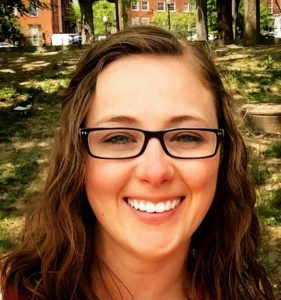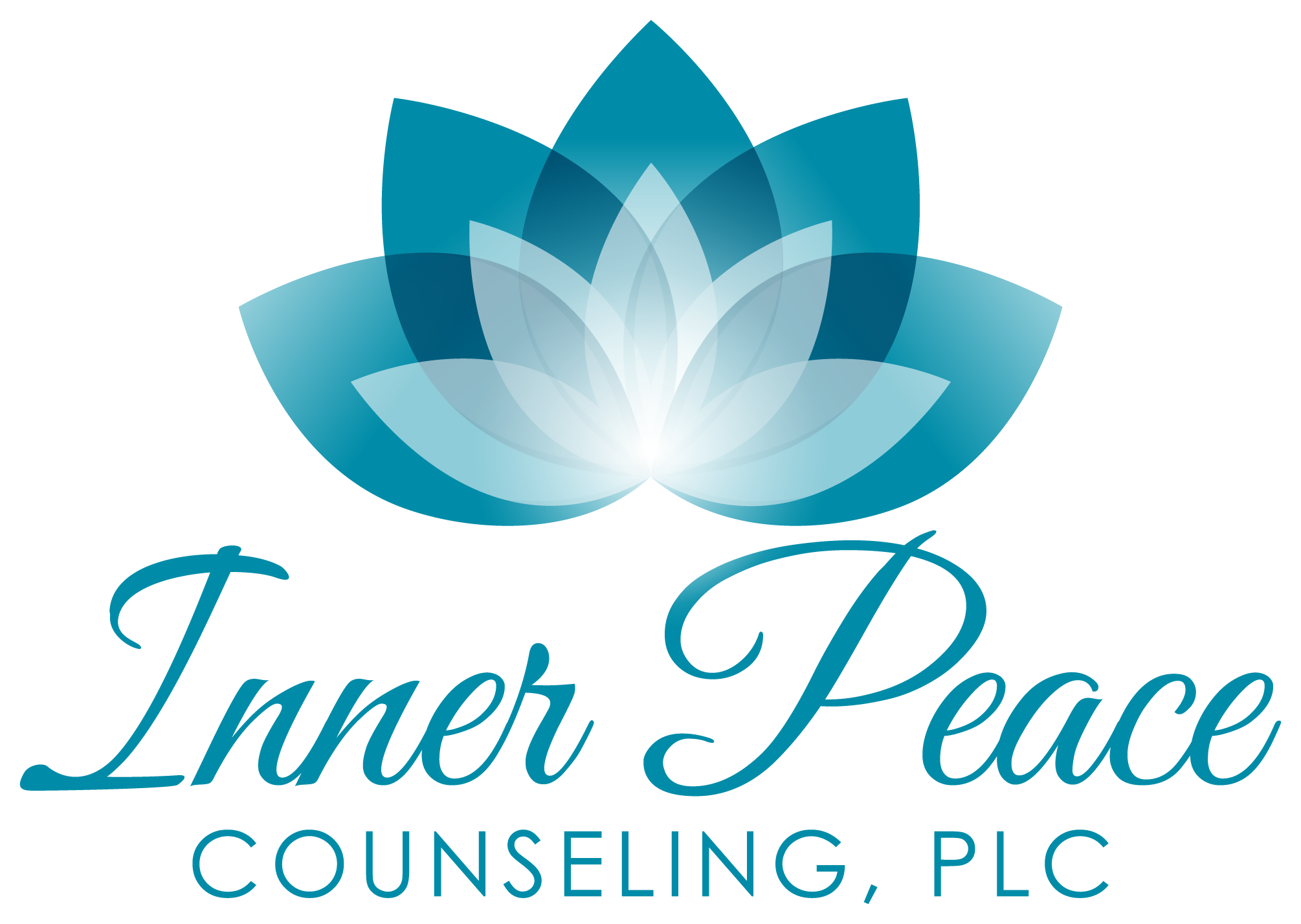By: Ashley Carter Youngblood
Categories:
Quick Tips for Healthy Sleep
*Update since publishing: The American College of Physicans determined that the FIRST line of defense for insomnia is Cognitive Behavioral Therapy (CBT). They stated that Cognitive Behavioral Therapy should be tried and is recommended even before medications are tried. Given that this is the therapeutic approach foundational to my style of therapy, if you’re hoping to get more sleep and to do so naturally, feel free to reach out. View the article referencing that here.
[As published in Natural Awakening’s magazine January 2017 edition.]
Many people have issues with sleep. Once in a while, we all have a sleepless night or one where we just can’t fall asleep. This can be especially common during times of stress. And, sleep issues very often occur alongside of behavioral health issues like anxiety, depressive, or substance use disorders.
Although common, people are often unaware of how their behaviors may be part of the problem. So, here are some quick tips to help make those hours of sleep count. After all, we spend one third of our lives asleep.
The Practical
1) Sleep in a dark room. – An important step to healthy sleep is to follow our body’s Circadian Rhythm. This is the biological clock inside us that tells us to get up when the sun comes up and to sleep when the sun goes down. And, this is the greatest resource we have when attempting to have healthy sleep.
With the invention of electricity, we no longer rely on the sun to tell us when we can get work done. So, if we don’t have a dark room or limit our don’t exposure to bright lights before bedtime, it confuses our internal clock. Therefore, decrease your exposure to light (i.e. your body’s interpretation of “the sun”) prior to bed and sleep in a dark room.
2) Keep your room cool. – There is nothing worse than trying to fall asleep in a hot room, right? Your body agrees. Keep your room at a slightly cool temperature. It should help you fall asleep and stay asleep better.
3) Invest in white noise. – Especially if you are a light sleeper, consider having white noise, like a fan or nature noises, present. Use the white noise as a tool to drown out anything that could prevent you from falling asleep or things that may wake you from your restful slumber.
4) Avoid caffeine and alcohol. – You know not to drink caffeine before bed. But, what you may not know is that the effects of caffeine can last over 12 hours after consuming it. So, consider limiting your intake of it even during the day.
It’s also important to know that having alcohol before bed is also bad for sleep. Alcohol prevents us from entering REM sleep, the foundational stage of sleep where our body repairs itself. So, to miss this stage of sleep means we are not restoring much.
5) Nap wisely. – While there is varying research on whether naps are helpful, keep in mind we are talking about Circadian Rhythm again. To nap confuses your body that it is bed time. You may wake up more refreshed. But, you may be so much more energized that it may be difficult (if not impossible) to relax enough several hours later when it is actually time for bed.
The Research-Based
6) Avoid screen-time. – Our society is greatly connected to the screens of our technology. However, research has found that the blue light emitted by these screens triggers a part of the brain that prevents us from sleeping well. This means that, while you may use technology to wind down before closing your eyes, it is not optimal for achieving your most healthy sleep. Therefore, experts recommend avoiding screens for at least two hours before bed.
7) Spend only 20 minutes in bed. – The bed should be used for only two things – sleep and sex. Research also suggests that, if we cannot fall asleep after 20 minutes, we should leave the room and participate in a relaxing activity until we are ready to try again. It’s like training a pet to be housebroken. Honor your body’s association of the bed to sleep.
8) Exercise. – There is something about exercise that makes us feel accomplished and just fatigued enough that we are more ready to fall asleep. Take advantage of this natural bodily response to exercise. But, be smart. Schedule exercise earlier in your day if you can so that your body and mind have time to wind down after exertion.
The Alternatives
9) Consider using natural sleep aides. – Herbal teas that promote relaxation and melatonin, a naturally-occuring hormone that regulates our sleep/wake cycle, can be great alternative tools to try when nothing else seems to work. Talk with your doctor about what may work for your needs.
10) Drop your body temperature. – When our Circadian Rhythm pattern knows that sleep is approaching, our body temperature drops. You can facilitate this process by taking a warm bath or shower before bed. Going from such warmth to room temperature can help kick-start your body’s preparation for sleep.
11) Do something relaxing. – Before bed or while in bed, create an atmosphere of relaxation. Practice following your breath before drifting off to sleep. Use guided imagery to allow the stress of the day to melt away. Read a calming book. Do something to prepare yourself for sleep.
No need to change every aspect of your life to live by these tips. Start by trying several that apply most to you. As I always say when helping people to find their healthiest Selves, do what works best for you. And, if all else fails, talk with your doctor about getting a referral to see a sleep doctor to determine if there is another piece of the puzzle you may be missing.
Above all, listen to your body. Be smart. And, sleep well.
~Ashley Carter Youngblood, LMSW, LMFT, CADC, ADS
 Ashley Carter Youngblood is both a Fully-licensed Clinical Social Worker and Marriage and Family Therapist who has been in the field since 2007. She offers counseling in Kalamazoo, Portage, Mattawan, Battle Creek, Paw Paw, and the surrounding areas of Southwest Michigan. She is passionate about her work with clients, whether it’s providing individual counseling, couples counseling, family therapy, or life coaching. Her specialties include holistic healing/mindfulness, counseling for women, anxiety, couples counseling, and addictions/substance abuse.
Ashley Carter Youngblood is both a Fully-licensed Clinical Social Worker and Marriage and Family Therapist who has been in the field since 2007. She offers counseling in Kalamazoo, Portage, Mattawan, Battle Creek, Paw Paw, and the surrounding areas of Southwest Michigan. She is passionate about her work with clients, whether it’s providing individual counseling, couples counseling, family therapy, or life coaching. Her specialties include holistic healing/mindfulness, counseling for women, anxiety, couples counseling, and addictions/substance abuse.
I welcome you to contact me or leave any questions or feedback you have about this post. Please keep in mind that the above information is the opinion of an individual, should not be considered medical advice, and is for entertainment/educational purposes only. I write these blogs as an expression of my passion for wellness and with the hope to be able to help as many people as possible. Therefore, I would encourage anyone seeking mental health advice to contact a therapist in your area who can better evaluate your situation and provide you with case-specific information for treatment. Also remember, if you are experiencing an emergency, contact 911 or present yourself to your nearest emergency room.
Thanks for reading.

